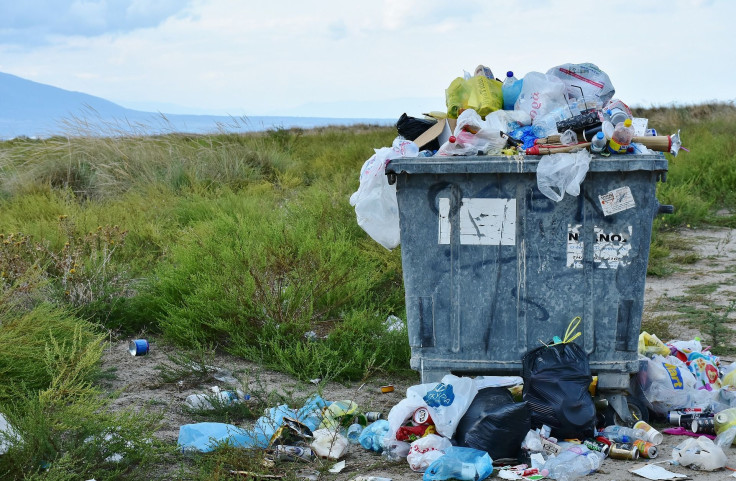New Super-Enzyme 'Cocktail' Eats Plastic 6 Times Faster, Offers Hope In Fight Against Waste Pollution
KEY POINTS
- Scientists design a super-enzyme cocktail that can convert plastic into its original form
- By using a particle accelerator, the scientists combine two enzymes: PETase and MHETase
- This super-enzyme engineering is a significant leap in the fight against plastic pollution
A team of scientists who introduced to the world a plastic-eating enzyme in 2018 has now engineered a "cocktail" of super-enzyme that can recycle plastic much faster than what was previously known. The newly engineered super-enzyme may make it possible for plastic bottles to be reused over and over again in an endless manner.
Professor John McGeehan, director of the Center for Enzyme Innovation at the University of Portsmouth, and his team discovered the PETase enzyme in 2018. PETase can eat plastic in just a matter of days.
In their present study, published in the journal Proceedings of the National Academy of Sciences, the scientists combined PETase with another enzyme called MHETase. The result is a super-enzyme variant that doubled the ability of PETase to devour plastic.
PETase alone can accelerate plastic degradation that would have otherwise taken hundreds of years. Now with MHETase, aside from the rapid degradation, the super-enzyme cocktail can convert the plastic into its original form six times faster than when PETase and MHETase will work separately.
“Our first experiments showed that they did indeed work better together, so we decided to try to physically link them, like two Pac-men joined by a piece of string,” McGeehan said in a press release.
The whole process of combining PETase and MHETase involved using the Diamond Light Source. It is a particle accelerator that utilizes intense beams of X-rays found to be capable of emitting lights 10 billion times brighter than the Sun.
Specifically, the Diamond Light Source is used as a microscope powerful enough for people to see individual atoms. By using the particle accelerator, the team determined the 3D structure of the enzymes involved, therefore understanding the design that makes up the super-enzyme.
The finding became significant because it offers hope to make the rapid process of recycling possible on a commercial level. If the process could be replicated commercially, the achievement means that a solution to plastic waste worldwide is now within reach. The discovery is hence being hailed as a significant leap in the fight against plastic pollution.

© Copyright IBTimes 2024. All rights reserved.





















